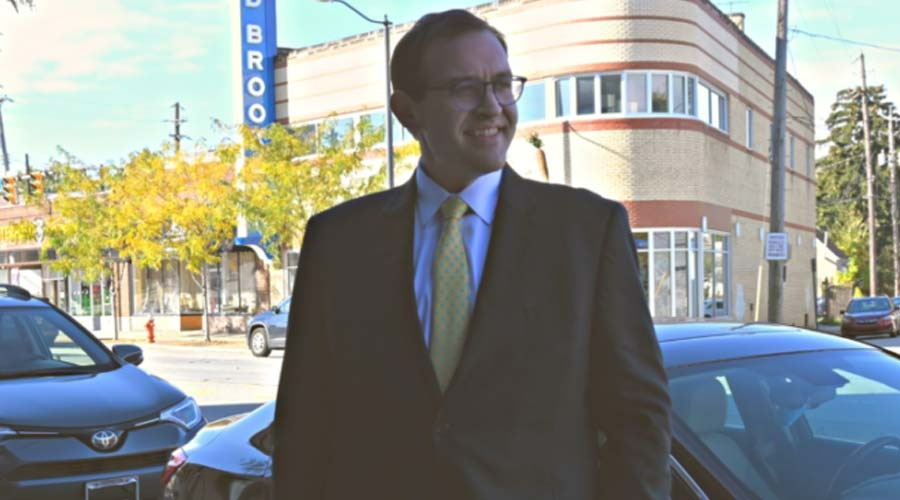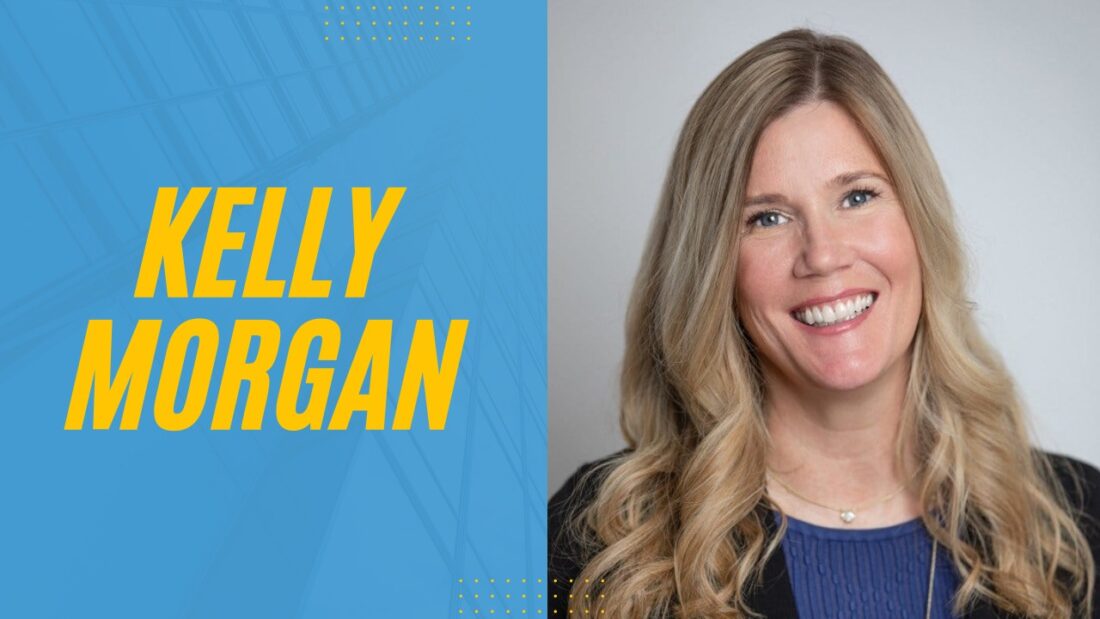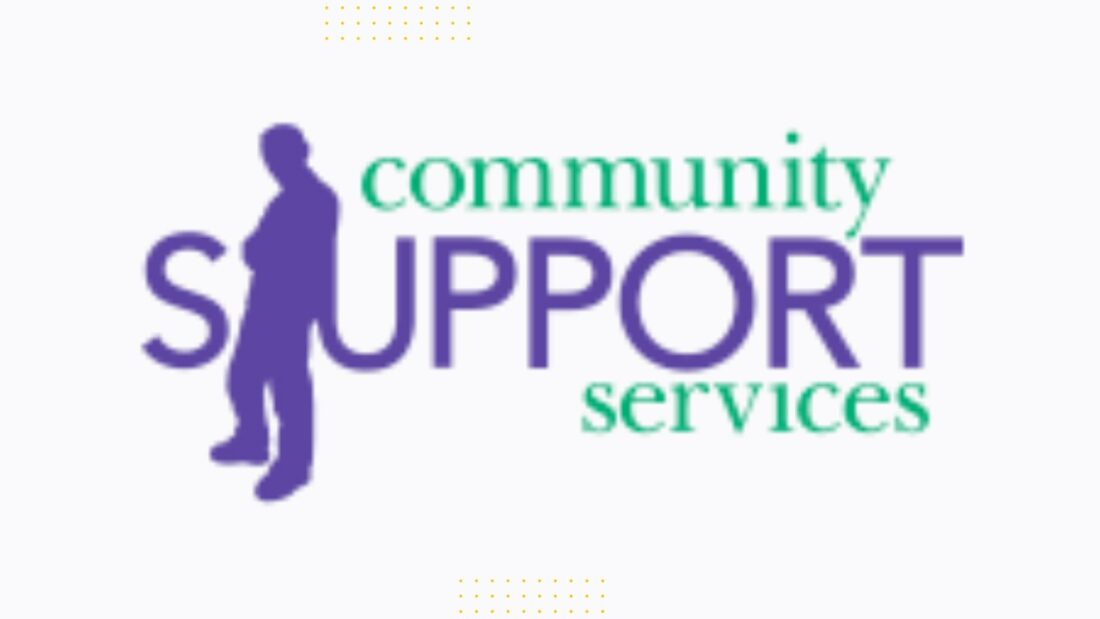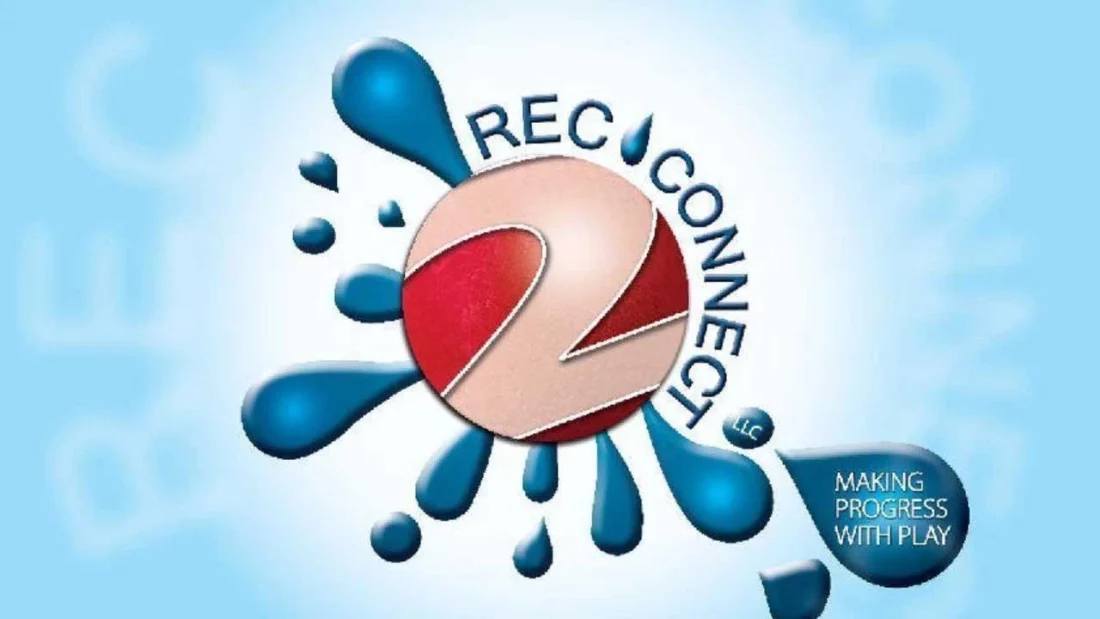Time to preach.
Some who read this may be aware that last month, October, was National Disability Employment Awareness Month (NDEAM). Several of my social media feeds were filled all month long with articles from friends and colleagues posting about topics like inclusion and equal pay for individuals with disabilities. For me, the celebration was capped off by a White House proclamation from none other our mild-mannered President (anyone remember Serge Kovaleski?) touting the way his economic policies have helped states adopt new disability employment laws and that his administration has provided guidance to thousands of employers on appropriate accommodations for the workplace. What nobody seemed to be writing or talking about, however, is the baseline offensiveness of looking at a person as DISabled.
In July, I was a part of an ABA panel discussion with attorneys with different disabilities from across the country. One of the questions the moderator asked the panel was whether we considered our disabilities to be a disability. I responded by pointing out that I think the word “disability” is a misnomer. The root of the word disability is ability. Adding “dis” in front of it implies a lack of ability. I certainly don’t think I lack the abilities that my peers have. I think a better term would be “diffability.” Though my abilities aren’t lacking, they are unquestionably different (and many times better or stronger) than others around me.
In my opinion, progress will come when employers stop focusing on how they can “include” and “accommodate” individuals with disabilities, and instead shift their focus to how they can make their businesses better, stronger and more profitable by employing individuals with diffabilities. I have ADHD and motor tic syndrome. I may not be able to sit still for incredibly long periods of time, but I have found that I am far more creative and empathetic than my “typical” peers. The constant mind racing that I live with fuels many outlandish thoughts, but I have trained myself to develop my radical ideas into radical action by working with the talented people I surround myself with every day.
While so many of my peers ask, “Why?” my attitude has always been to ask, “Why not?”
Here is the kicker: while my conversations with many colleagues in my profession often focus around their declining profitability and growing disgruntled attitude towards their clients and the practice of law itself, at only 33 years old I have managed to build a profitable and sustainable law firm that gives me joy every day because I get to wake up and fight for people who deserve the help they are being denied. By doing nothing more than working hard and being myself, I am crushing competition and setting a new, higher bar for legal representation in my field.
So rhetorically I have to ask, who exactly is it that is DISabled?







